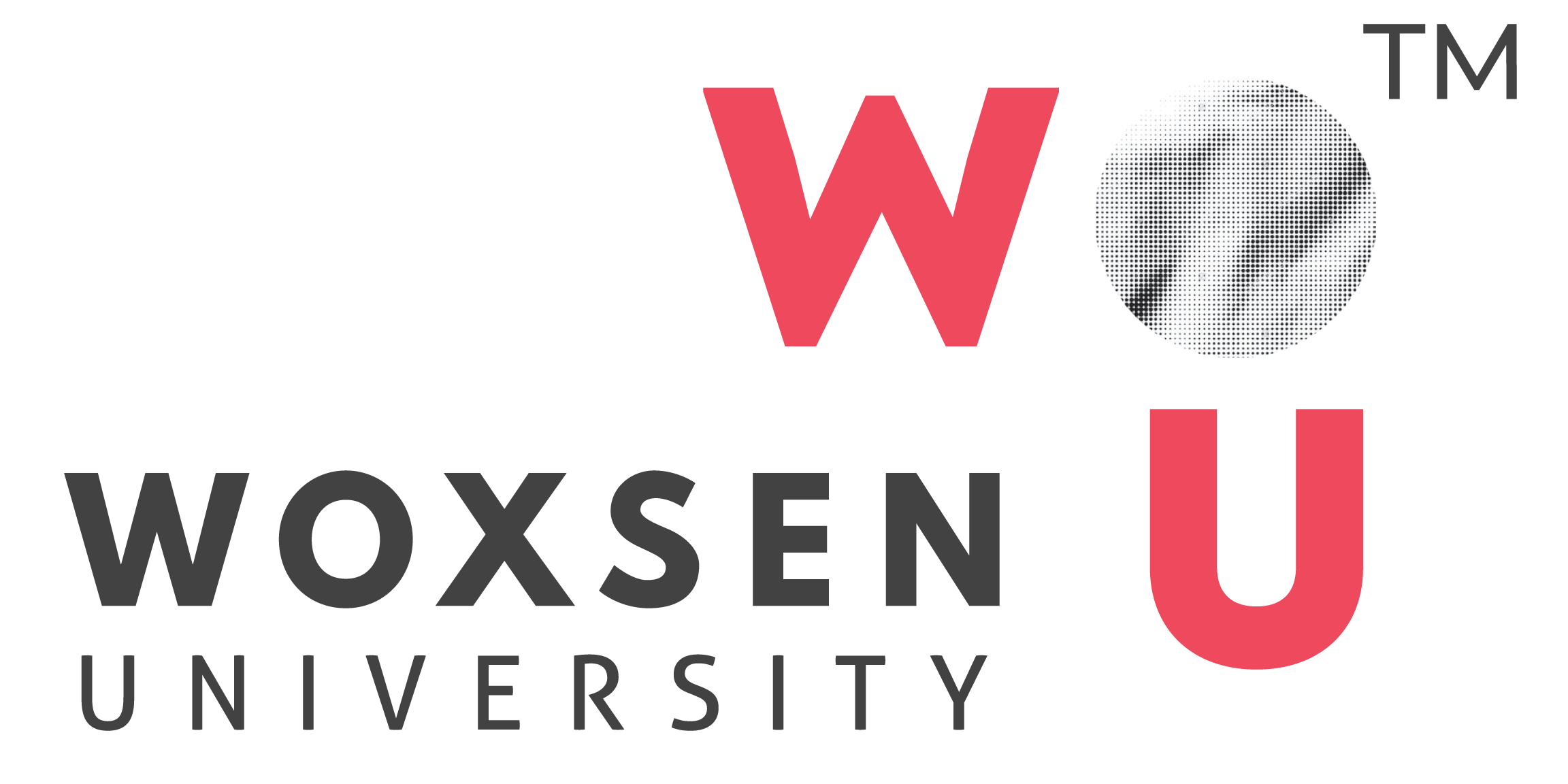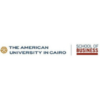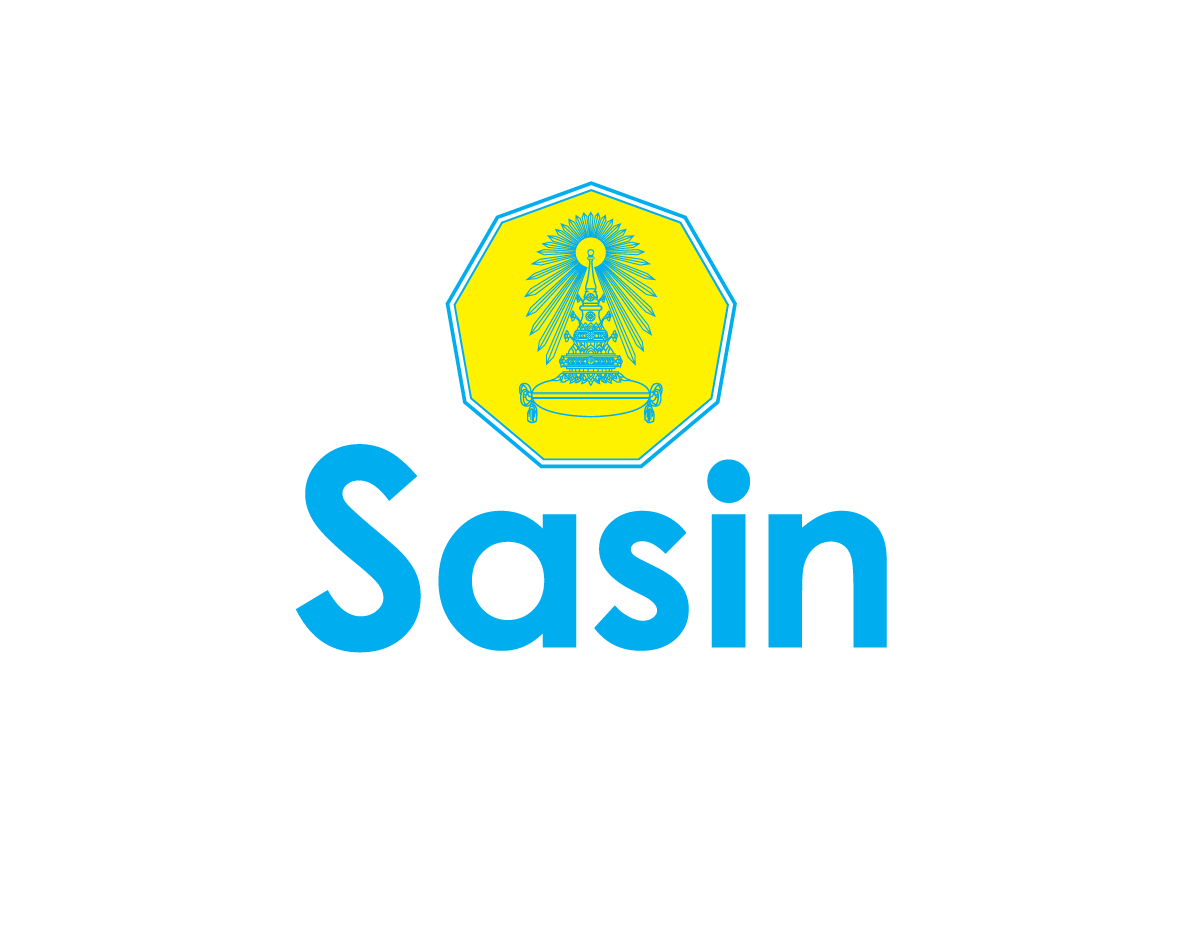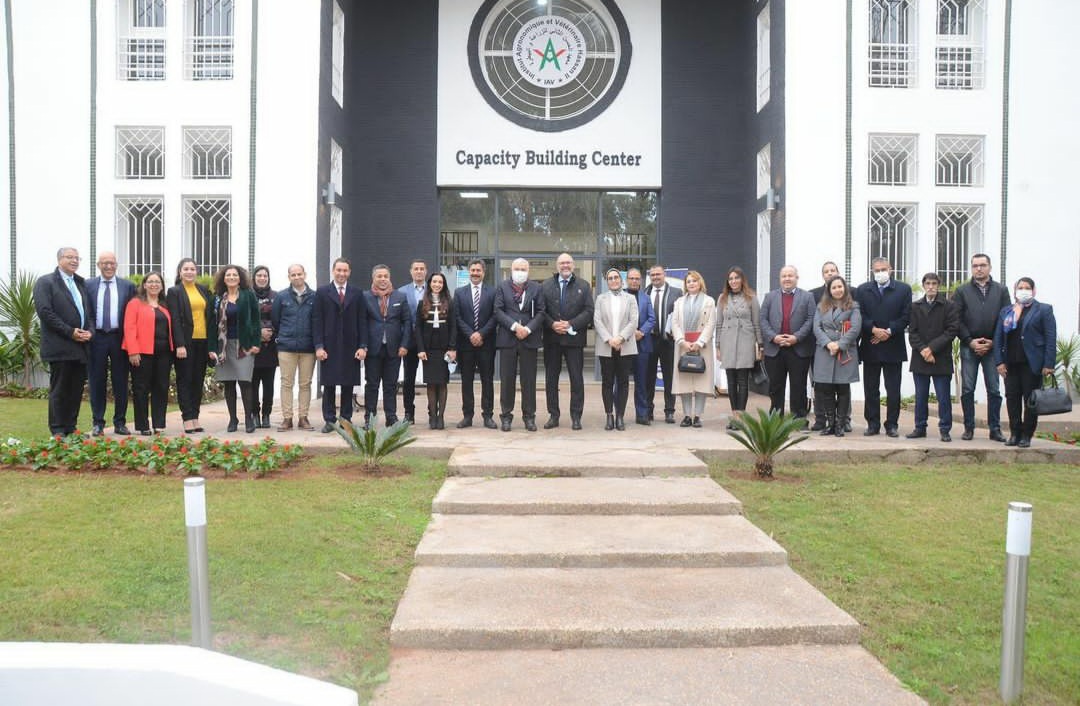New Member
Woxsen School of Business
Woxsen was incorporated in 2014 as a School of Business, expanding with the School of Arts and Design that has recently been ranked 2 among the top design schools in India (private category). Additionally, it comprises the School of Architecture and Planning and the School of Technology (Engineering).
Woxsen received University status in 2020 and it is among the first private universities of Telangana and is located on a 200-acre, residential campus at Hyderabad. Woxsen University offers programs focused entirely on developing entrepreneurial thinking and action. Woxsen’s infrastructure and resources nurture innovation and its vast network of business leaders and investors mentor students through their journey. To learn more abut Woxsen School. ofBusiness, visit woxsen.edu.in/school-of-business
Accreditations: AACSB, AMBA, EFMD
Dean: Raul V. Rodriguez
GBSN Ambassadors: Dheeraj Anchuri, Chahat Mishra


The university focuses on four broad areas:
- Internationalisation
- Research & Development
- Corporate Alignment
- Digitalisation
- Ethics, Responsibility and Sustainability (ERS) and Corporate Social Responsibility (CSR)
Woxsen is expanding its wings towards E-Learning in collaboration with government portals and private entities to deliver the best e-content, enabling learners from across the globe.
Alongside this, the formation of Centers of Excellence is a prominent feature of the university, developing specialized expertise across its core disciplines. The School of Business has 5 Centers of Excellence in the areas of Entrepreneurship and Business Development, AI & Robotics, Marketing Research, Communication, Digital Channels and Consumer Psychology, Digital Economy & Blockchain Technologies as well as Digital Transformation & Customer Experience.
Network Engagement
Ways the institution will support the GBSN mission to improve access to quality management and entrepreneurship education for the develop world:
The School of Business, Woxsen University provides a holistic international experience to its students by having partnered with more than 70 accredited institutions from 36+ countries for student exchange programs, study abroad programs, short term programs, among others. Woxsen invites its fellow GBSN members to join hands for academic collaboration which adds to the holistic development of the institutions involved via:
1. Progressive studies/Dual-Degree
2. Study Abroad Programs
3. Short-Term Programs
4. Joint Research
5. COIL (Collaborative Online International Learning)
6. Global Classrooms
In alignment to entrepreneurship education, Woxsen provides the facilities of its own incubation centre- Trade Tower, to Woxsen students and partner institutions from across the world to pitch innovative business ideas and have them incubated. The School would like to contribute by bringing in the expertise of emerging technologies, financial services, and entrepreneurship through different knowledge sharing forums associating with other GBSN members.
Institutional Contributions to the Network Platform in the First Year:
Woxsen School of Business is actively looking for opportunities to participate in global projects that best fit its areas of expertise, such as Artificial Intelligence, Machine Learning, Quantum Computing, Robotics, Financial Services, Entrepreneurship, and Innovation.

“We are excited to join GBSN at a time when the world is seeing a dramatic shift to the new age higher education. The School of Business at Woxsen University is proud to join other prestigious institutions from across the globe through this network with the sole aim of building a more inclusive community – one that fosters digitalisation, innovation, transformation and sustainability.” – Dr. Raul V. Rodriguez, Vice President, Woxsen University
Institutional Engagement with Fellow GBSN Member Institutions:
Woxsen welcomes institutions from across the globe to join in building an inclusive community of thought leaders by working together on student and faculty mobilities, progressive studies, COIL, global classrooms, joint conferences, research collaborations and much more.
The biggest challenge facing management in your community and how the institution addresses this challenge:
The biggest challenge right now in the Indian community is to make education easily accessible to the underprivileged sections of the society. Woxsen University is contributing to a great extent by creating a social impact through a joint project with Monmouth University, USA to provide free education and basic amenities to the weaker sections in the state of Telangana in India. The institution lays great emphasis on ERS initiatives across all the schools in its efforts to create a sustainable ecosystem.

Woxsen University officially signed the MoU with HHL Leipzig Graduate School of Management, Germany for the jointly formed Centre of Excellence (CoE). The event took place at the Woxsen University campus on 16th February 2022. The centre which is formed to specifically drive advancements in the field of Entrepreneurship and Business Development will be headed by Dr. Raul Rordriguez, Vice President, Woxsen University and Dr. Stephan Stubner, Dean, HHL Leipzig Graduate School of Management, Germany. The centre will be functional with immediate effect.
“Woxsen’s Centre of Excellence has been established with a vision to provide leadership, best practises, research, training, and skill development to effectively cater to the evolving industry requirements. The Centre will also engage in high-quality research to contribute to the knowledge economy of the said domain”, says Dr. Raul Villamarin Rodriguez, Vice-President, Woxsen University.
The Centre of Excellence at Woxsen University will act as a robust platform and one-stop resource centre to conduct influential and advanced research. The centre will deploy latest technology, requisite infrastructure and highly qualified research faculty and scholars for an effective output, by both the universities. Both the universities will provide complete assistance in terms of knowledge sharing, academic support, human resource, training, and industry liaisons.
Committed to their core, both Woxsen University & HHL Leipzig Graduate School of Management will leverage this platform for the holistic development of their students of Undergraduate, Postgraduate & Ph.D levels. Along with providing research opportunities, CoE for Entrepreneurship and Business Development will provide vocational training, apprenticeship, and internship to students of their respective universities.
Towards its efforts of building a strong nexus between academics and the industry, the centre has already laid plans for continuous engagements with avenues like seminar’s, interactive sessions and live Projects with leading corporates and successful Unicorns. The centre will also be backed by Woxsen’s incubation centre – the Trade Tower a platform that supports budding startups and innovative solutions.
Woxsen University has also established four other CoEs with University of Osijek, Croatia; Perm State University, Russia; FIA Business School, Brazil; and University of Pécs, Hungary in the areas of AI & Robotics; Digital Economy and Blockchain Technologies; Marketing Research, Communication, Digital Channels, Consumer Psychology; and Digital Transformation and Customer Experience, respectively. The expected deliverables from the Centre may involve the form of commercialization, innovations, patents, published papers, pilot sample development, project/study reports, application development, among others.
GBSN promotes the expertise and interests of our members by providing a platform to communicate news and open opportunities to global audiences and share how they are innovating in management education to the benefit of their colleagues around the world. The New Member Spotlight series serves as a way for new member schools to introduce themselves to the network.
















